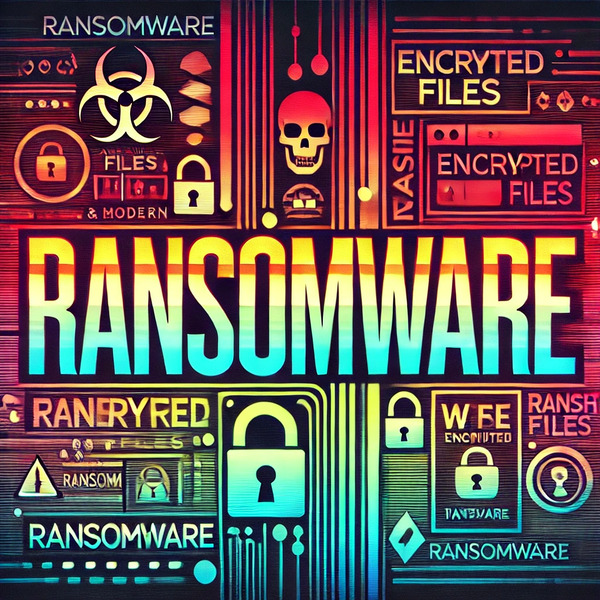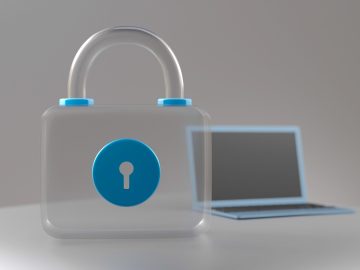After hearing a lot from the US government over national security fears, TikTok seems to have come up with answers to the three big cybersecurity questions that the app is facing from international media and governments across the world.
Regarding TikTok’s data collection, the company claims that its application is in line with industry practices carried out by big tech companies like Twitter, Facebook, and WhatsApp around the world. It confirms that the video-sharing app collects information such as location, device usage, and other apps operating on the phone for R&D purposes and never uses such info for marketing or advertising purposes. It also claims to use the data to understand user behavior, which other social media platforms also do. This answer may put to rest the national security fear that was evoked by Donald Trump in 2020.
The fear that the Chinese government uses TikTok to gather intelligence has also gripped governments operating in countries like the UK, UAE, Canada, and Australia, in addition to the United States. This has led to the ban of app usage on government devices such as smartphones. Issuing clarity on this, the Byte Dance-owned business subsidiary said that the company’s operations are fully independent and don’t work on the orders of the Xi Jinping-led nation. So, the question of data sharing with the Chinese government doesn’t arise. However, we never know what is going on behind the screens, and so winning trust for the app on this issue seems to be difficult. Especially after the much-publicized Article 7 of China’s National Intelligence Law makes it mandatory for business firms to support, assist, share, and always cooperate with Chinese intelligence. So, are there no caveats when it comes to ensuring consumer rights protection then…?
The piece of misinformation that TikTok is being used as a brainwashing online tool has been circulating online since 2018, and there is still no clarity on how much truth there is to this news piece related to harmonized inauthentic behavior. However, as we all know, China puts a lot of control on the information that is being spread on social media and international news platforms. So, do you think such fake news-related articles are being circulated without the knowledge of those in control of the data security censorship?
Ad




